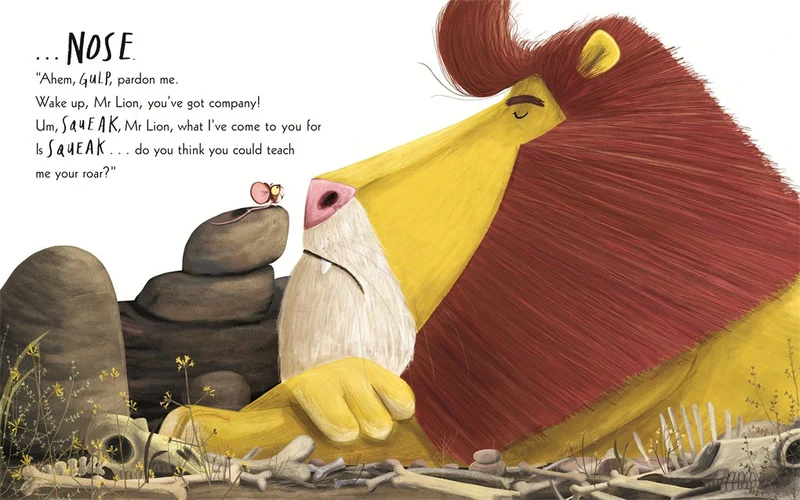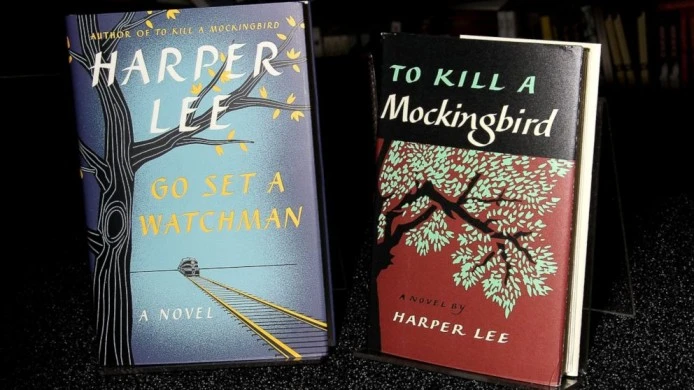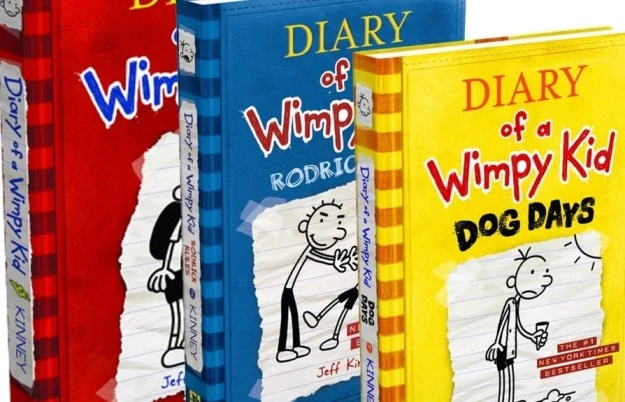Three Views of Donald Trump

FRONT ROW AT THE TRUMP SHOW
By Jonathan Karl
368 pp. Dutton. $28.
Karl, the chief White House correspondent at ABC News, has known Donald Trump since 1994, and it shows. While “Front Row” is primarily a straightforward first-person chronicle of Karl’s time covering the president, the 26-year relationship helps shape the author’s reflections on the role of today’s news media and its necessary relationship with a democratic government. Still, the book is mostly a procession of stories. Karl recounts a number of well-known Trump-era controversies, and details plenty of the behind-the-scenes intrigue that readers of Trump books now expect.
Karl documents the Trump inner circle’s reaction to the release of the “Access Hollywood” tape in October 2016, for example. And one of the book’s most vivid passages is a retelling of the White House’s disastrous attempt to smooth out its response to the white supremacist violence in Charlottesville: At one point, Karl reports, Trump privately insisted the protesters had a good cause in protecting the statue of Robert E. Lee, praising the Confederate general before abruptly offering aides a tour of the Lincoln Bedroom. But “Front Row” is at times more about the experience of covering the president than about the man himself, and some of its most noteworthy sections recreate revealing interactions with Trump orbit figures during inflection points in the presidency, like the firing of James Comey. Karl offers insights about many personalities surrounding Trump — the former chief of staff Mick Mulvaney once recommended that colleagues read a book drawing approving connections between great leaders and certain kinds of mental illnesses, he writes — though he dwells enough on the campaign and early years that many such characters are now long gone. (Remember Sean Spicer?)
The book feels weightiest toward its end, when Karl addresses “the president’s incessant telling of untruths” and Trump’s dangerous relationship with the press. Unspooling a distressing private Oval Office meeting with the president on the matter, he concludes, “I fear President Trump’s war on truth may do lasting damage to American democracy.”
THE MAGA DOCTRINE
The Only Ideas That Will Win the Future
By Charlie Kirk
256 pp. Broadside. $28.99.
What kind of book is “The MAGA Doctrine?” Kirk’s musing about whether “The Art of The Deal” might one day be considered a “religious tract” comes just nine chapters after the book highlights the importance of “a healthy dose of skepticism about authority figures and experts who think they knew best.” And that’s just pages after its dedication to Donald Trump, which is five chapters before Kirk wonders whether Trump might “be remembered as the president who brought about world peace.”
Kirk is a partisan activist who describes Donald Trump Jr. as a “good friend.” He presents a 256-page evidence-light rant against “the left,” “institutions,” “the elite,” “the establishment” and “socialists” as an argument for the president’s place in history. In his view, “the future of the Democrat Party is whiners and killjoys. The future of the Republican Party is winners.” After all, he insists, rattling off lists of what he sees as Trump’s top accomplishments, Democrats’ objections to the president are laughable: “For many on the left,” he absurdly asserts at one point, “his association with WWE may be the thing they hate the most.” Why, you might ask Kirk, have Joe Biden and Bernie Sanders succeeded in the Democratic primary over their rivals? “In part because they resemble Trump a little.” That will be news to them.
So what about the “doctrine” itself? Kirk tries defining it — and Trump’s thinking — a few times, but he can’t quite agree with himself even on its back story. In his introduction he writes, “The MAGA Doctrine didn’t spring into existence in 2016 — because it is the core philosophy by which our whole society has come to be over several centuries.” A few pages later he writes, “it is something new,” before, near the end of the book, declaring, “The MAGA Doctrine is a jolt to the very organizing principles of the modern world.” Got that?
Kirk, at least, has already caught Trump’s attention: He earned an approving tweet for the book on its publication day. Good thing, too, or else his description of the president as “the greatest defender the Bill of Rights has in modern America” and probably “the greatest living exemplar of free speech in the 21st century” might have been in vain.
THE TODDLER IN CHIEF
What Donald Trump Teaches Us
About the Modern Presidency
By Daniel W. Drezner
272 pp. University of Chicago Press. Paper, $15.
It is almost surprising that, nearly a third of the way into 2020, more books haven’t been inspired by viral Twitter threads. Drezner’s brisk offering is a good place to start, built as it is out of a three-plus year, 1,000-plus tweet project documenting examples of the president’s own aides and allies describing him, in the author’s words, “like a toddler.” A professor of international politics at Tufts University’s Fletcher School of Law and Diplomacy and a Washington Post contributor, Drezner constructs his argument that the president acts like a small child around descriptions of toddlers’ behavior by the American Academy of Pediatrics. He quotes mainstream news stories from the last four years extensively to highlight Trump’s “temper tantrums,” “poor impulse control” and “oppositional behavior,” among other traits.
This conduct, he argues, is only getting worse, and more dangerous, given the increasing power of the presidency. “The Toddler in Chief is like most other toddlers — bad at building structures but fantastic at making a complete mess of existing ones,” he says. As such, though the book is occasionally funny — early on Drezner goes out of his way to point out he doesn’t mean to indict toddlers’ comportment — it is, appropriately, also overwhelmingly grim.
Less an academic study or revelatory reported work than a close analysis of inside-the-White House news reports, “The Toddler in Chief” covers a wide range of Trump’s best-known episodes. That the examples stop before the Ukraine affair that led to his impeachment, let alone the onset of the coronavirus crisis, is unfortunate, but of course no fault of Drezner’s. Nonetheless, the concluding chapter might leave readers gravely nodding. “Based on Trump’s behavior as cataloged in this book,” he writes, “the idea of Trump coping with a true crisis — a terrorist attack, a global pandemic, a great power clash with China — is truly frightening.”




